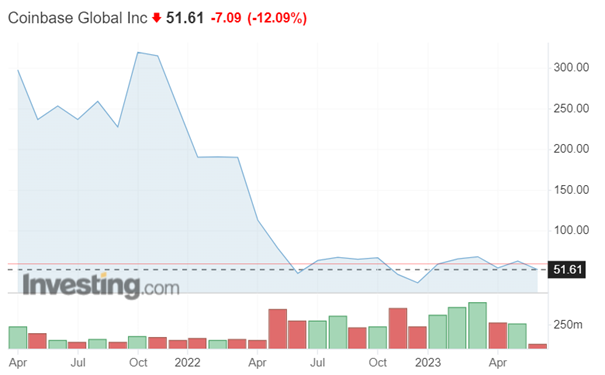The article I have read, says that the United States Securities and Exchange Commission (SEC) took legal action on June 5th against Binance, its U.S. platform, and CEO Changpeng Zhao (CZ), filing a lawsuit in the District Court for the District of Columbia. The SEC brought forth 13 charges, accusing Binance of various violations, including unregistered sales of BNB and BUSD tokens, as well as infractions related to its products and staking program. The lawsuit alleges that Binance failed to register its Binance.com platform and that Binance.US and its legal entity, BAM Trading, also neglected to register as an exchange or broker-dealer clearing agency. CZ, being deemed a controlling person, was included in the lawsuit. The SEC claims that Binance has profited significantly while exposing investors' assets to substantial risk and engaged in unregistered sales of crypto asset securities. Furthermore, the suit alleges fraud committed by BAM Trading and BAM Management, accusing them of misleading investors regarding surveillance and manipulative trading controls on the Binance.US platform. The charges also involve accusations of wash trading and the commingling of funds. These allegations align with prior complaints made by the Commodity Futures Trading Commission. CZ has denied these charges through a blog post response.
Not very good news for them, since investors took more than 700 million USD from their accounts. But this is not where it stopped. Coinbase was next. And the article about Coinbase said, that the SEC has filed a lawsuit against Coinbase, the largest cryptocurrency platform in the United States, alleging that it operated illegally by failing to register as an exchange. SEC Chair Gary Gensler has been pushing to establish regulatory authority over the crypto industry, which he described as a Wild West undermining investor trust in U.S. capital markets. Coinbase experienced significant net customer outflows of around 1.28 billion USD after the lawsuit. While crypto companies argue that SEC rules are unclear and that the agency is overreaching, Coinbase stated that it will continue operating as usual and is committed to compliance.
Quickly I decided to check the stocks of Coinbase, which are in a downfall. However, Cathy Wood has decided to invest into them, so that made me also very interested. I will keep eye one their stocks and enter the market, if the situation will offer me some good opportunity to make profit.

Movement of Coinbase since coming to the market. (Source: Investing) *
* Past performance is no guarantee of future results.








